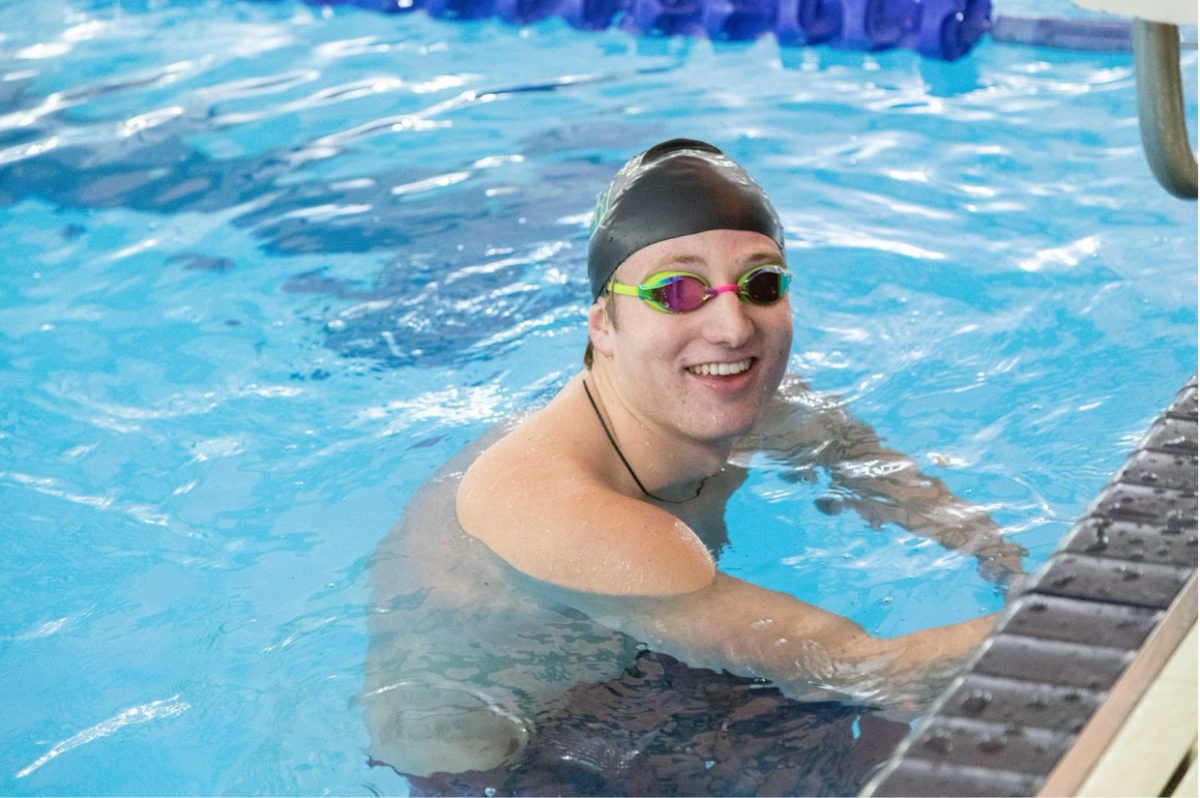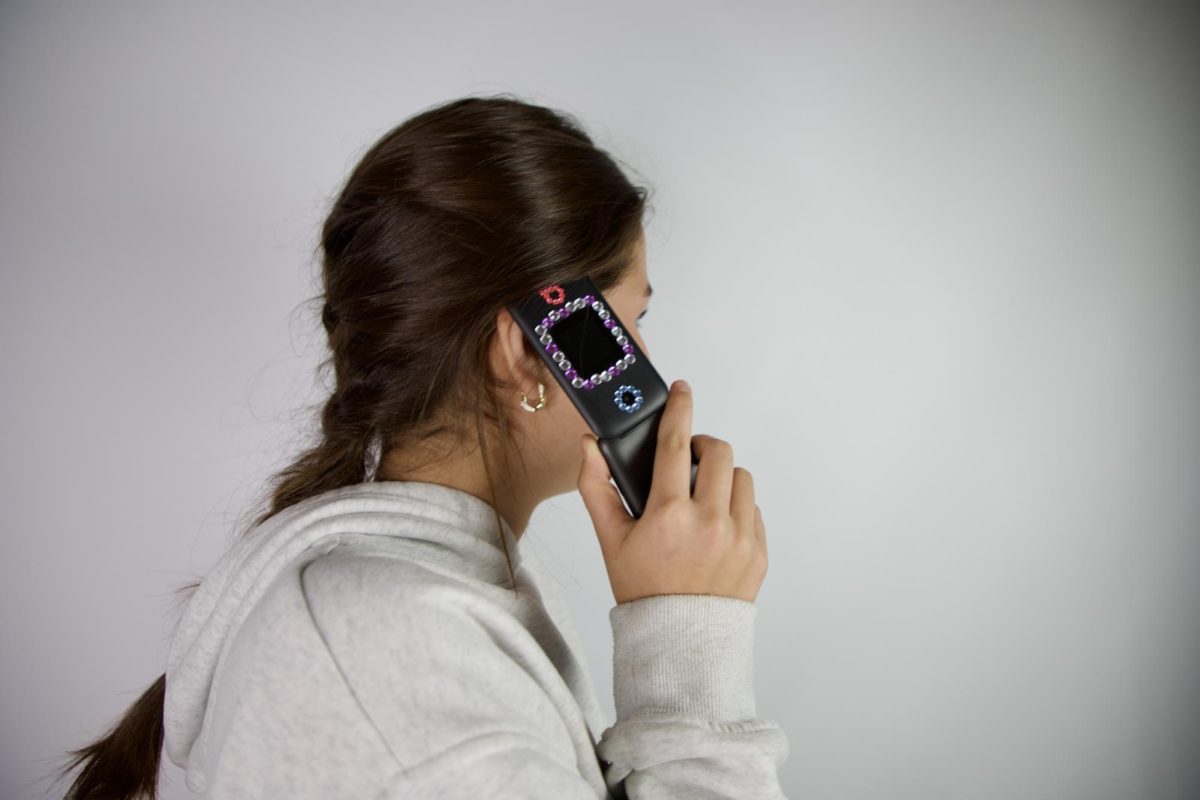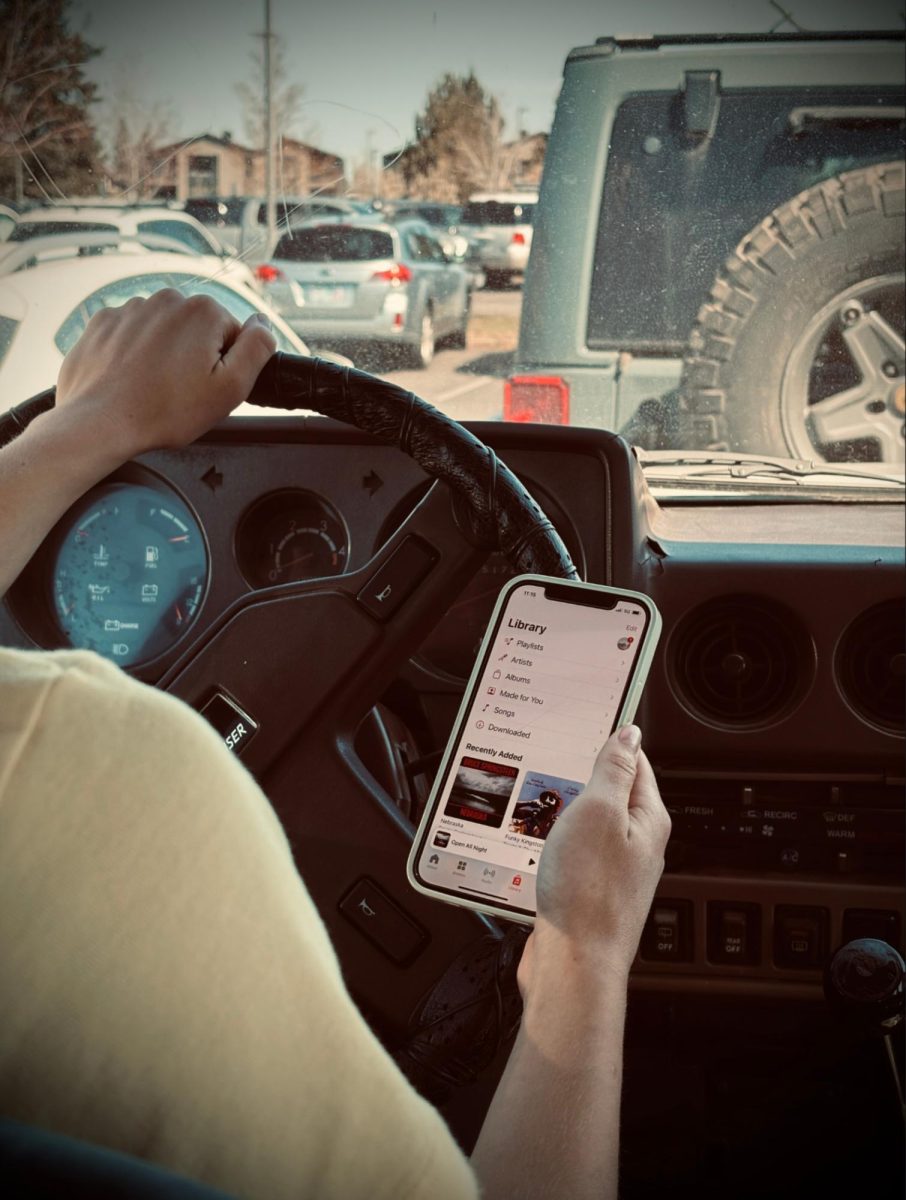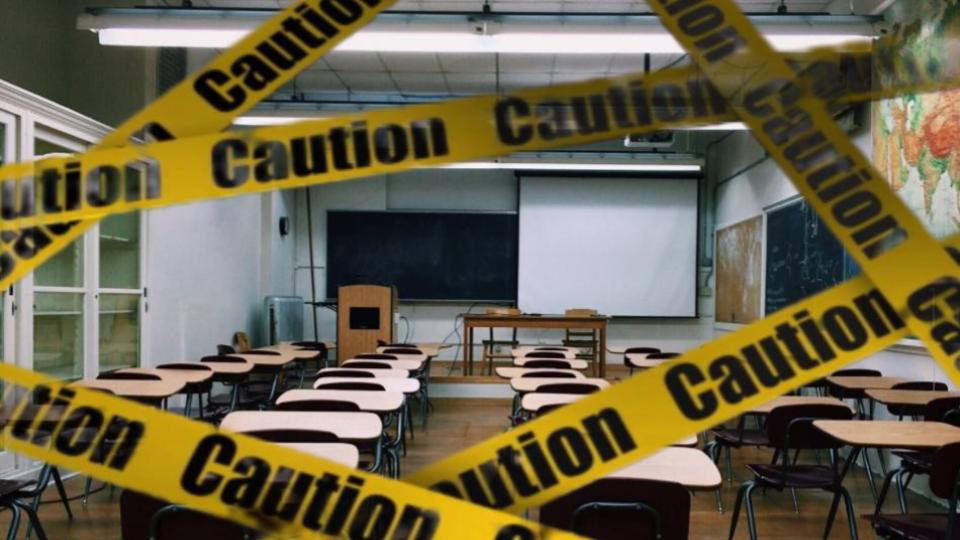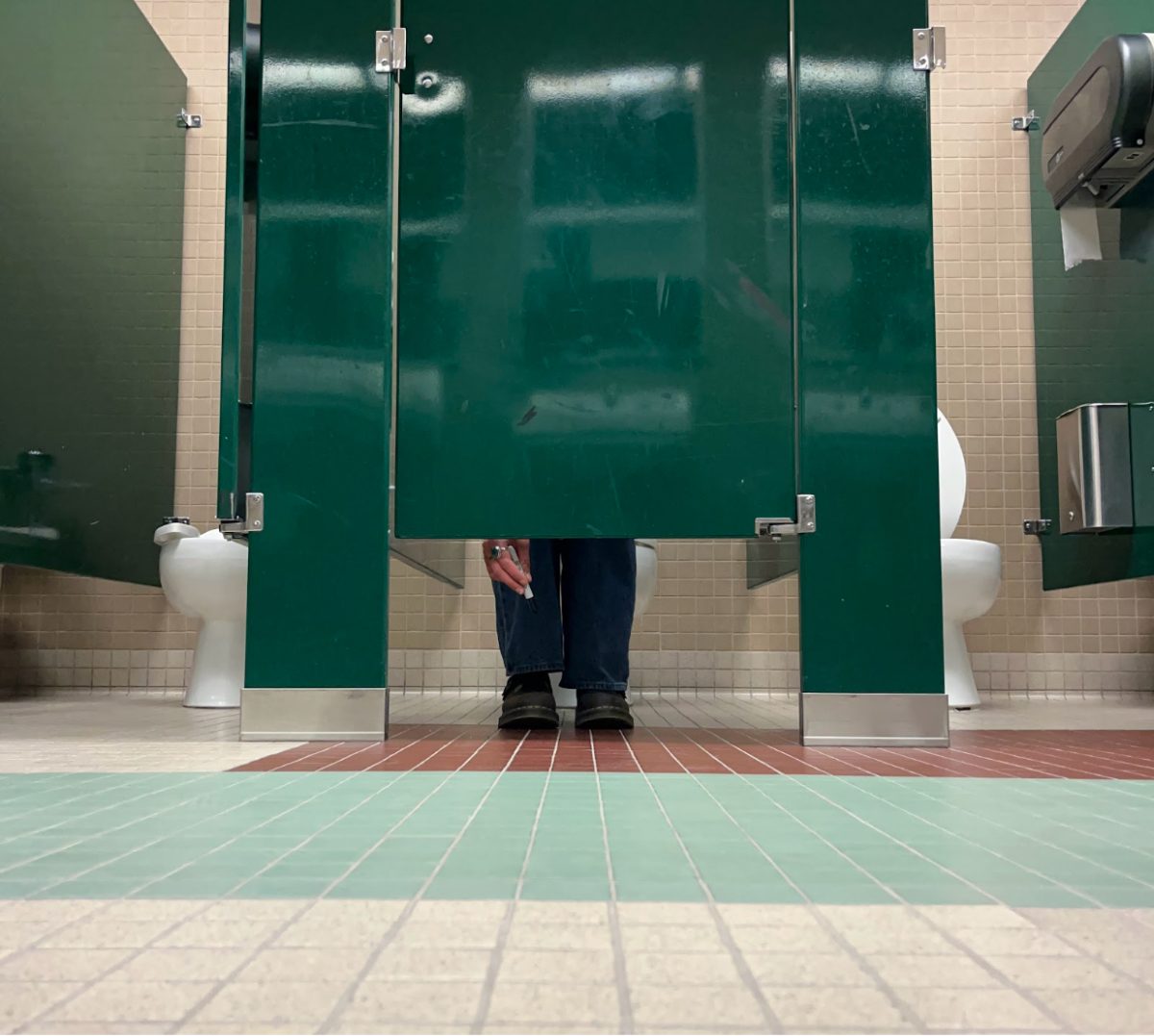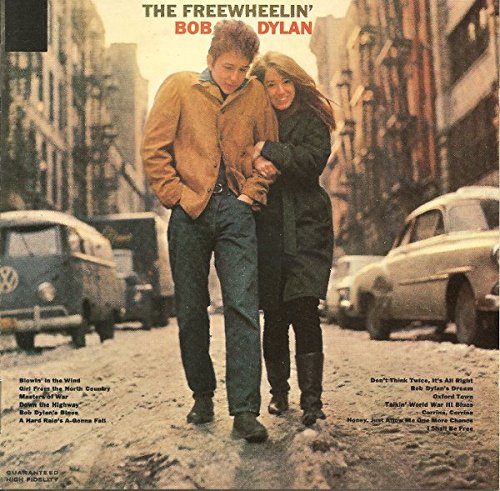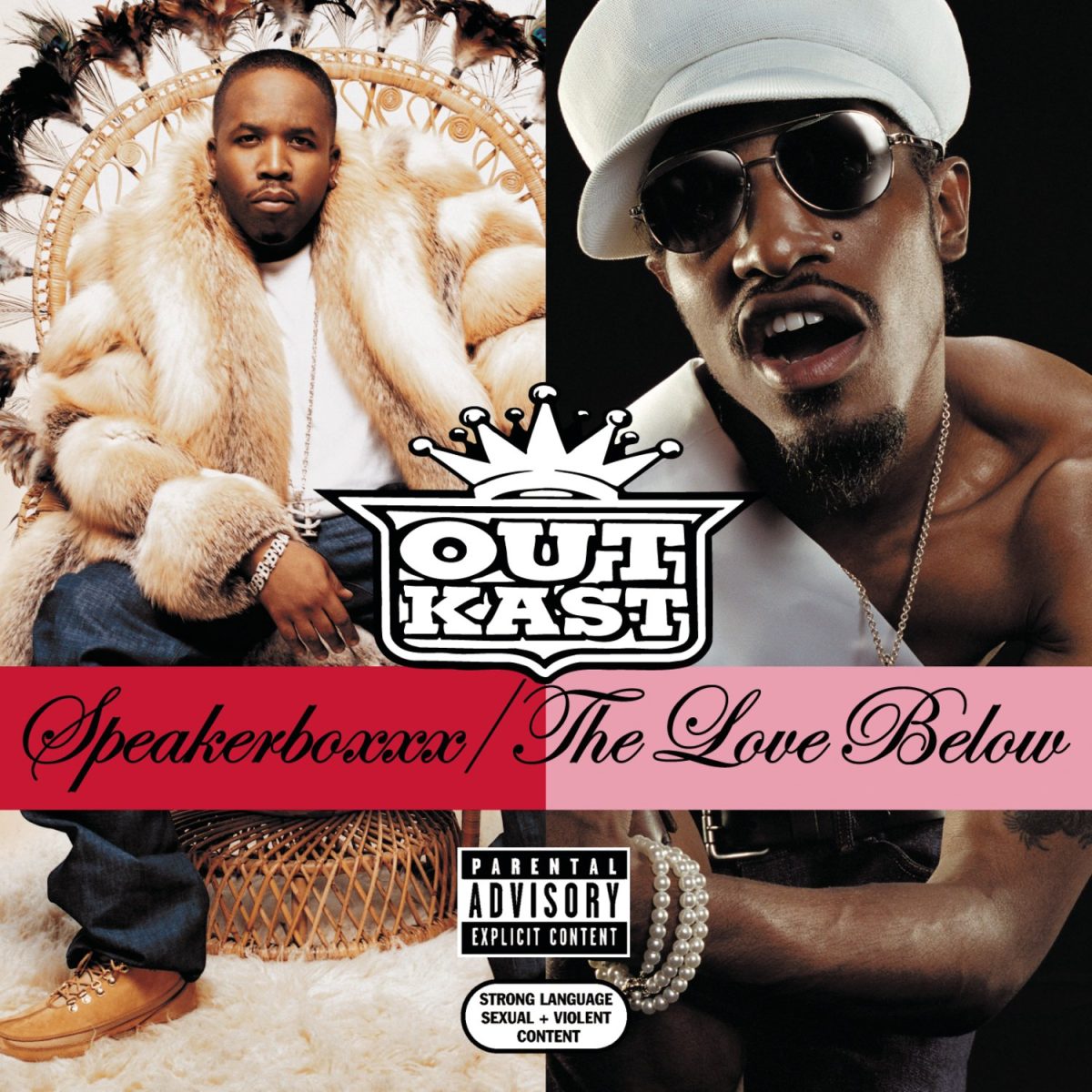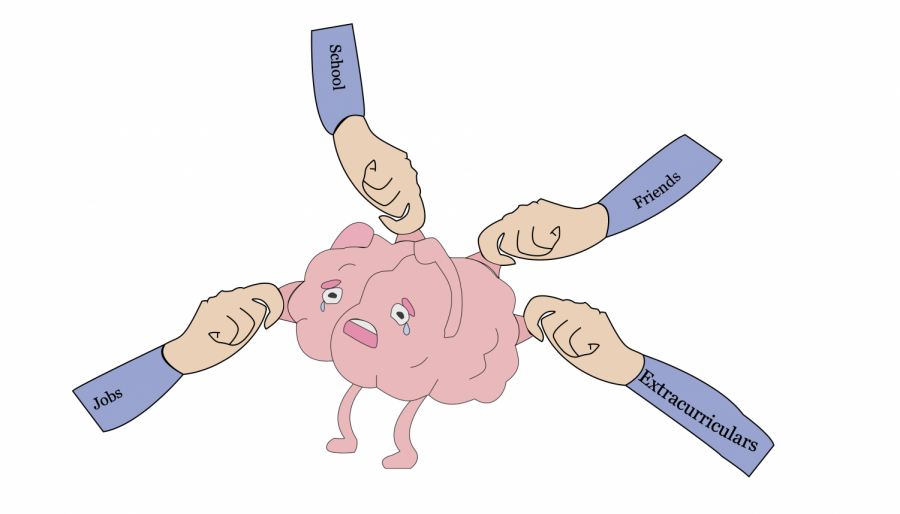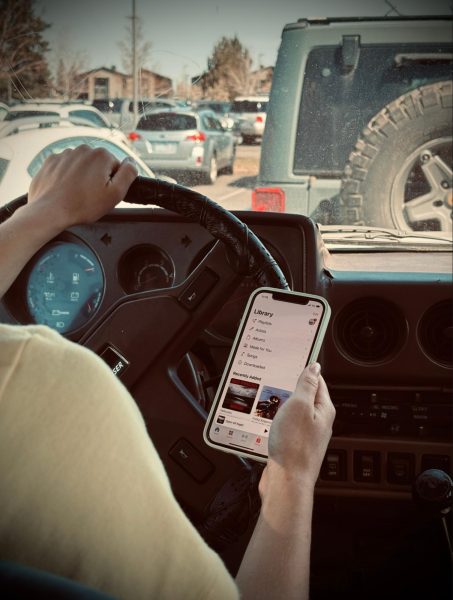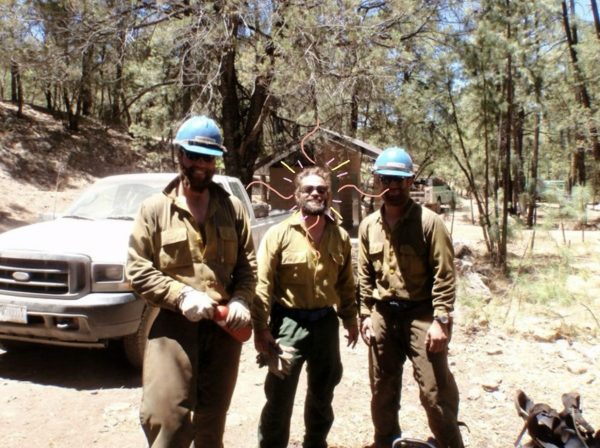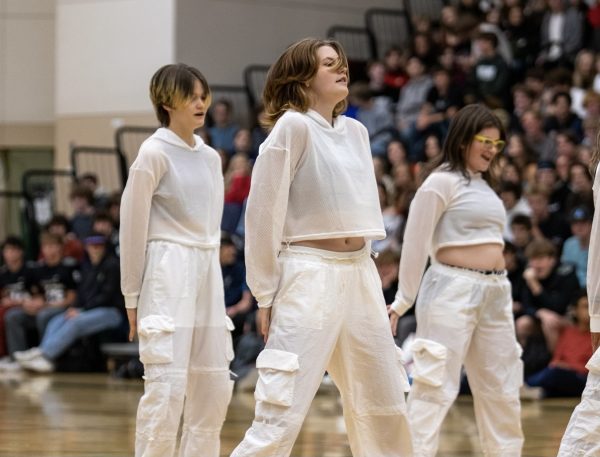Why Students are Malfunctioning in a Changed World
Adjusting expectations in a late-pandemic world might be too much.
While students this year endure the annual flu-season germs and mid-term studying per usual, a new stress is taking over. Living through a pandemic and trying to go back to a regular social and school system has added a new uneasiness to the already overwhelming high school life. From the stress of a bigger workload in school to having to balance life outside of school with a long school week, many students have been feeling both stressed and sick.
Is this school year so different from past years or have students just forgotten what it was like before the coronavirus? Last year was a year full of changes such as a slower pace of environments and much more sickness with Covid-19. This may be blocking the view of life before the pandemic. Society today seems like a much faster pace, but maybe we have just forgotten what full time school felt like.
“I have noticed, definitely fatigued students, and feel that it’s going to take us a little time to rebuild our stamina,” said Mrs. Maloy, a Spanish teacher at Summit High School.
“You know that we’ve had such unique schedules, this past year and a half. It’s almost like training for a marathon, we should pace ourselves, start off maybe with a walk and jog, and then run, but we’ll get there.”
The stamina of a pre-Covid-19 world pace may have worked before, but now we have to evaluate and possibly slow down to catch up. Students are feeling the brunt of this issue.
Many students have complained of headaches, stomach aches, not being able to get enough sleep, not having enough time to relax and overall not feeling well. The stress of this school year has made these side effects common student to student. Throughout Summit many students play sports, are in clubs, work and try to have a social life, but this school year has made it difficult to keep up with it all.
Anja Bond-Welch has felt this struggle. Sophomore at Summit High School, Bond-Welch said, “The amount of sleep I get has decreased since school started because with school, my social time and after-school activities expand into my sleep schedule.” Students don’t want to lose time hanging out with friends and family, playing sports, having a job, and time to chill. Instead, school encroaches on important mental and physical health necessities like a full night’s sleep.
Students have trouble finding time to relax. Summit High Schooler, Avery Malace, said, “You know when you’re binging a show on Netflix and it asks ‘Are you still watching?’ Yeah well, I haven’t gotten that question since school started. I never have time to relax, I’m always doing something.”
Watching TV, or doing something such as reading a book or painting are all activities students use to relax and relieve stress, but there hasn’t been time to do this.
The school nurse, Pam Orton, said that students, throughout the day, come into the nurse’s office just to nap, which hasn’t happened as often in past years. This doesn’t feel like a problem at the moment, but students have noted that during school their focus is worse, especially in the morning and day’s end, because they don’t get much sleep anymore. Or at least not as much as they were getting during summer or in quarantine.
This heightened stress level, however, hasn’t seemed to reach all Summit teachers, but this perhaps isn’t because the stress isn’t there, it could be because students have been sacrificing their mental and physical health for school. Teachers may be so focused on grades that they aren’t noticing the extreme lengths to which students are taking to keep “good grades.”
“So far I would say the [grade] average is where it always is,” said Mr. Bean, a Storm science teacher.
Even though perhaps not all students’ grades have been hurting, students’ health has been suffering. Lauren Hartridge, a Summit sophomore, said she sacrifices time during lunch, taking away time to eat and socialize—2 things vital to students’ health—to do school work. Hartridge then, like many students, still goes home to mountains of homework after long days of school, sports, spending time with friends and family, and other extracurriculars.

Meet Sarah Hawkins, one-third of the Editor-In-Chief team. Hawkins has been a part of The Summit Pinnacle for three years and enjoys writing both in and out of school. When not writing, planning and editing...










